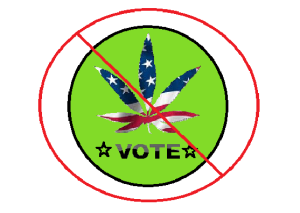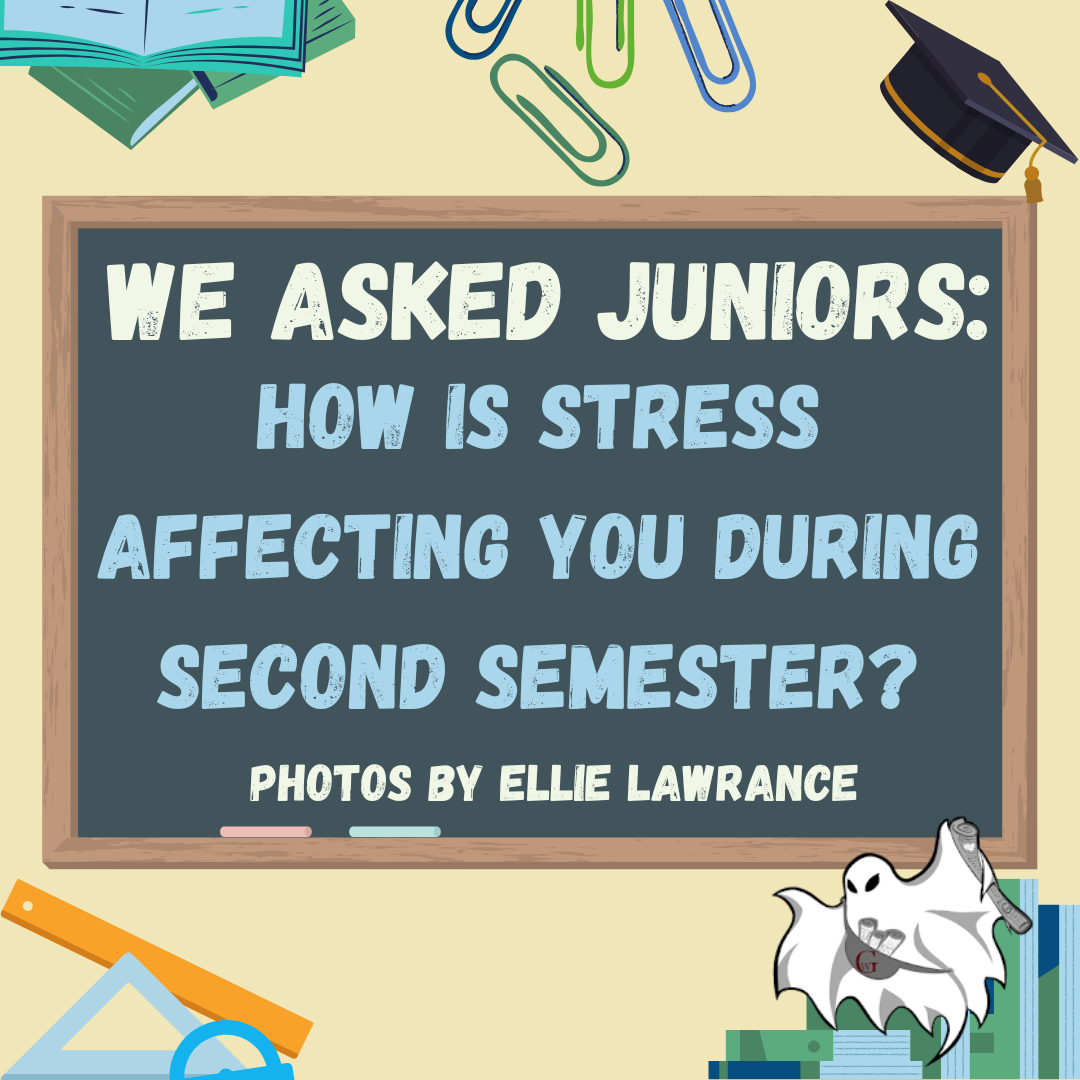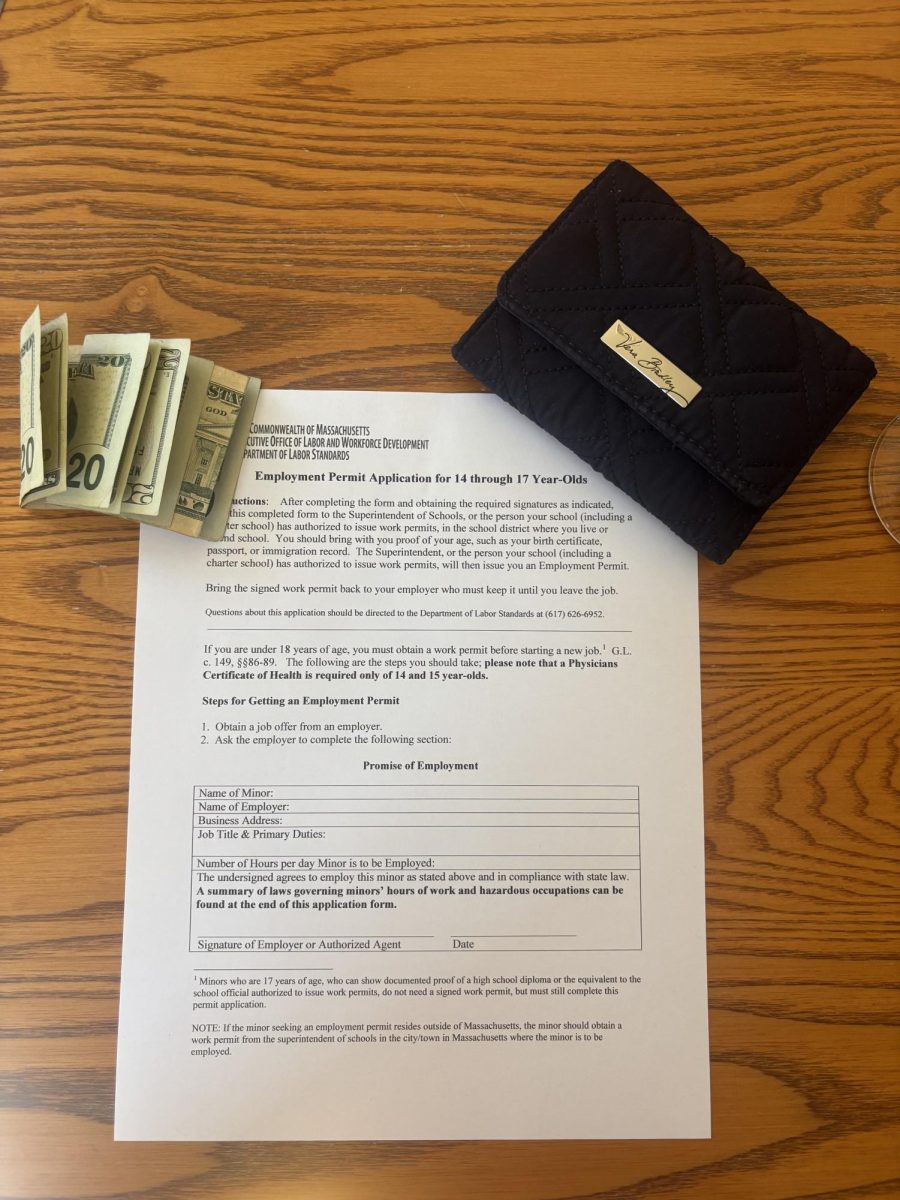 By Victoria Walker
By Victoria Walker
Business Manager
Americans are coming together today, as they have so many times before, to hammer their viewpoints through the thick walls of the judicial system and into the law books. Thousands of dedicated people have invested their time and effort in the promotion of a single cause, but rather than fighting for independence or suffrage rights, they are now demand marijuana.
The legalization of “pot” is no more a new issue than it is a controversial one, with prescription medical usage currently legal in twenty states. Recently, the topic was dragged back into the limelight after Colorado and Washington State made use of the drug legal for everyone over the age of 21.
Supporters of this decision, who, according to a Pew Research Center study, constitute 52% of Americans, could not be happier. They see the prohibition of marijuana, which they liken to the ban of alcohol during Prohibition, to be a violation of their personal freedoms. Both those who deny the drug’s dire effects and those who choose to ignore them agree that Americans have the right to do whatever they wish to their own bodies.
While I am usually not in favor of stringent, unnecessary regulations, I find it unfortunate that anyone could turn a blind eye to the blatant dangers posed by inhaling drug smoke, enough to advocate it. Beyond my initial urge to laugh after hearing the term “retail marijuana shops,” there are a number of reasons why I believe the legalization of pot for “recreational use” is a bad idea, both for residents of Colorado and those of Westford.
First off, it has been proposed that new legislation will prevent the illegal sale of dangerous, unregulated substances on the street. While the industry may open up some new jobs, it is unlikely that profitable drug dealers will slip permanently into the shadows from whence they came. Government-issued marijuana, although disapproved of by the Obama administration for its significant health risks, is marketed as “safe” and regulated, which will draw in curious new customers. Dealers, who often spike their goods with chemicals like household detergents in an attempt to keep people hooked, will only drop their prices and start selling more highly-addictive drugs to get all these new users hooked on their products.
The umbrella issue here is that legalizing something makes it acceptable. Whether or not we agree with or abide by individual laws, they are useful for labeling unclear issues as “good” or “bad.” When marijuana was illegal everywhere, the idea of using it clearly held a negative stigma. Now, a person in Colorado can go to the store and purchase cannabis, so why can’t their friend just over the state line in Wyoming do the same? Why not us here in Massachusetts, where medical marijuana has already been legalized by way of popular vote? Now on the horizon of the 2016 elections, a similar vote is being considered for the legalization of all cannabis in our state, according to the Lowell Sun. We’ve seen this gateway effect happen time and time again throughout history. One state installs universal suffrage, and soon everyone’s in on it. Marijuana activists are not going to stop fighting until “weed” is legal everywhere, and at the moment it seems that many voters support this.
Furthermore, where exactly are 21 year olds finding the money to waste on any “recreational drug?” With college prices skyrocketing and less people seeking employment, how does anyone have money to roll up, light and inhale? If 69% of tobacco smokers wish to quit completely (cdc.gov) and we’ve passed the age where every Hollywood hero smokes behind his desk, why is drug use suddenly being encouraged? How could it benefit Westford, where medical marijuana is already legal, to allow people to get high?
The point is that issues like this never go away. National marijuana sales and a drinking age of 18 are both points of argument, but even if both of these things happen, people are not going to sit back in satisfaction for the next fifty years. They’re going to suddenly wonder why the next drug down the list is illegal, and argue for the European drinking standard of 16 years. There is no magical absolute end point for any argument and obviously the line needs to be drawn somewhere.
I understand the fight for medicinal marijuana, but can hardly believe it when I now watch crowds of young people on the news demanding the right to lose control of their minds and damage their bodies for no reason. In Massachusetts, too many naïve high school students already abuse drugs such as ADHD medications, armed with the mentality of “well if my friend got prescribed these, why can’t I take them?” So when “pot” becomes legal for their college age siblings, exactly what is going to stop students at WA and other schools in the area from trying it? Maybe the focus should be more on educating students about the dangers of drugs and providing fulfilling social activities than on championing the right to harm their own bodies.






